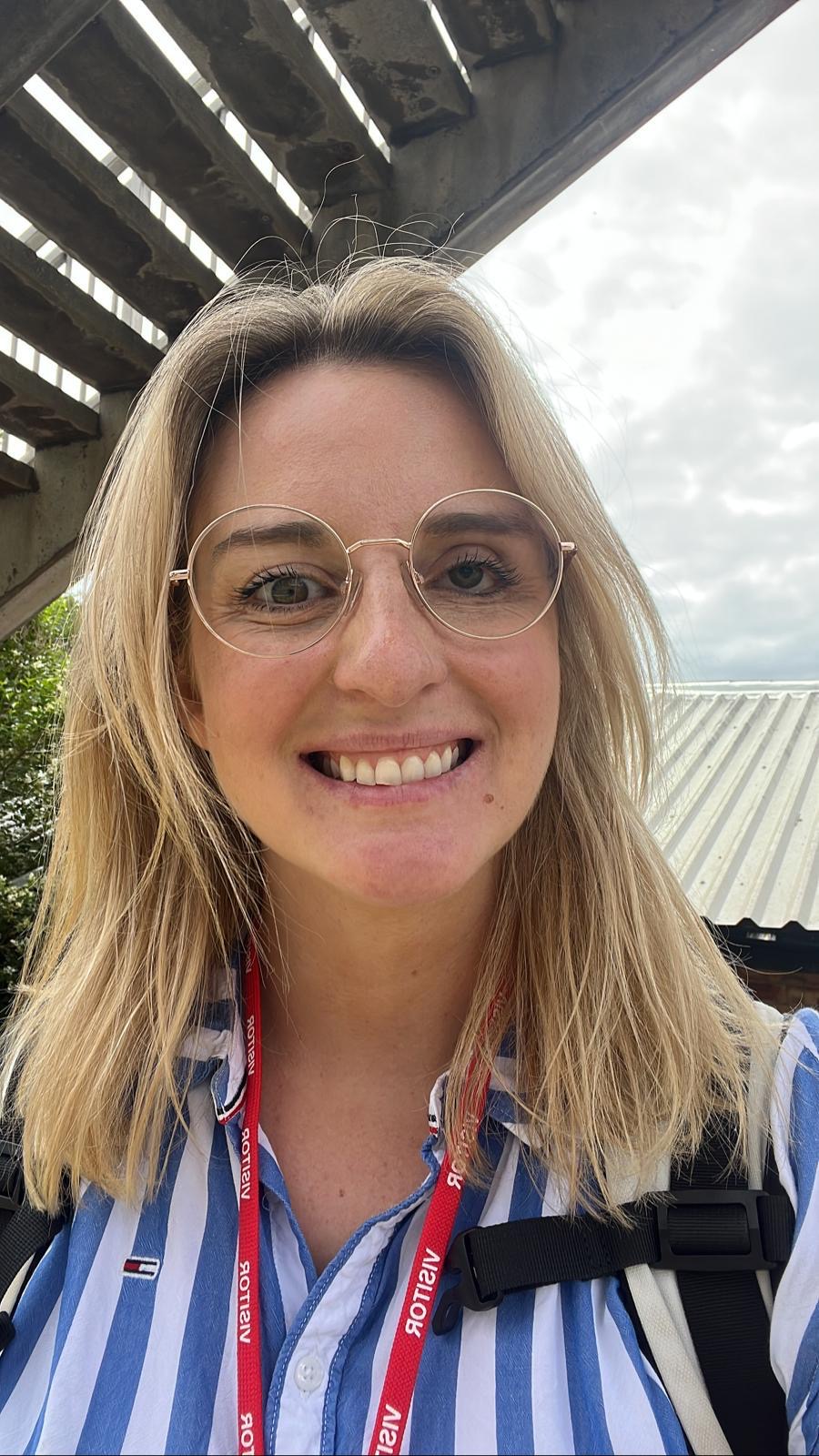Becky Stout
Throughout my career I have been dedicated to tackling health inequalities and inequities – this commitment is what drew me to the multimorbidity PhD programme. The most socially deprived people in Scotland live with an additional 21 years of multimorbidity and die 14 years younger than the least socially deprived. Those living with multimorbidity have more frequent healthcare interactions, more hospital admissions, longer inpatient hospital stays and experience polypharmacy. What we understand less about is how multimorbidity impacts infection acquisition, antibiotic prescriptions, and the development of antimicrobial resistance – questions I aim to investigate through my research.
I graduated with my MBChB from the University of Dundee in 2013. While there, I undertook an intercalated degree in international health, where I learnt about how inequality impacts health outcomes globally. After university I moved to Manchester, then to London to continue my clinical training, and began specialist training in infectious diseases and microbiology in 2019. I studied for my Diploma in Tropical Medicine and Hygiene (DTM&H) through MSF and gained my qualification in 2019.
Alongside my clinical training I have a longstanding passion for education. I earned a Master’s in Medical Education with merit from UCL in 2018, and spent five years volunteering with the King’s Somaliland Partnership. In 2019, I joined the London School of Tropical Medicine and Hygiene (LSHTM) as a Clinical Education Fellow, working first on the DTM&H for two years (‘the COVID years’), before launching the Global Health Primer for Doctors in 2022. Through these roles I have really enjoyed teaching and mentoring a diverse group of postgraduate students from around the world who are interested in tropical medicine and global health. It was here, while working closely with clinical academics, that I rediscovered my interest in research and is what ultimately led me to apply for an Academic Clinical Fellowship (ACF) at Imperial College London in 2022.
During my ACF, I worked on cholera diagnostics in collaboration with the Malawi Liverpool Wellcome Trust in Blantyre, Malawi and the Wellcome Sanger Institute. I undertook field testing of stool samples using a portable ‘mini-PCR’ kit, working with multilateral agencies including the WHO, UNICEF and Malawi’s Ministry of Health to coordinate this work. In parallel we have undertaken molecular testing of the stool samples with the view to better understanding cholera transmission dynamics. I really valued the opportunity to work with diverse multidisciplinary teams and to develop new research skills.
The opportunity to continue my research career at the University of St Andrews and to build on these experiences is incredibly exciting, and I am looking forward to beginning the programme.
Project: What is the association between multimorbidity, infection and antimicrobial resistance?
Primary Supervisor: Prof Nick Feasey (University of St Andrews)
Secondary Supervisors: Prof Colin McCowan and Dr Sarah Mills (Univesity of St Andrews)


